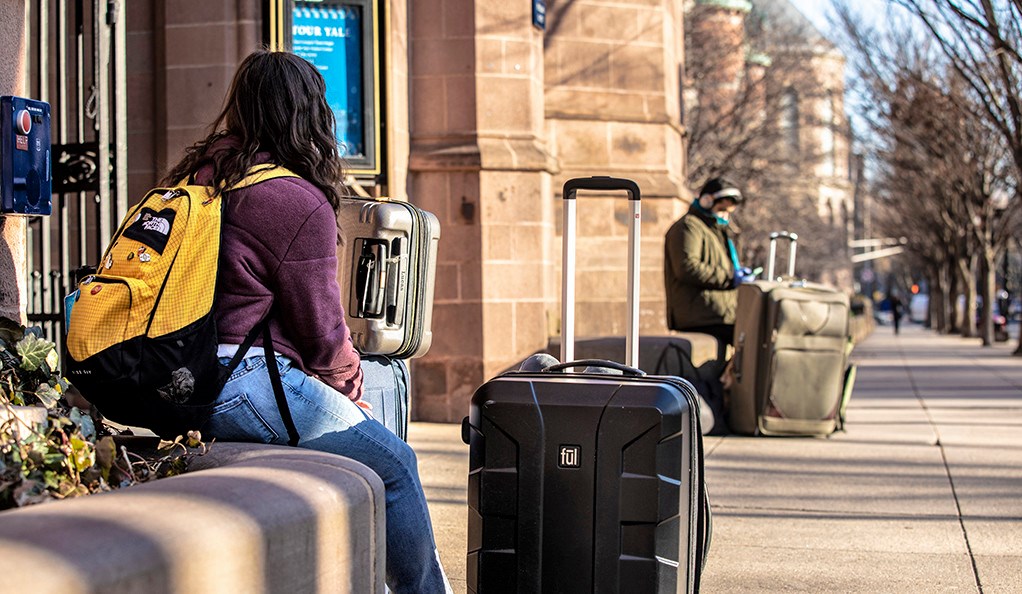
1/ Q: Did a recent CDC study show that 85% of people who wear masks get COVID?
A: No. The @CDCgov study showed that close contact with people who had #COVID or visiting locations that offered on-site eating & drinking were associated with getting COVID. cdc.gov/mmwr/volumes/6…
A: No. The @CDCgov study showed that close contact with people who had #COVID or visiting locations that offered on-site eating & drinking were associated with getting COVID. cdc.gov/mmwr/volumes/6…
2/ This study does not offer any information about whether wearing a mask is a risk factor for getting #COVID19.
So where does this 85% figure come from?
So where does this 85% figure come from?
3/ In the study, they also reported that 85% of those who tested positive for COVID-19 said they had worn a mask "always" or “often” & that 88.7% of those who tested negative for COVID-19 said they had worn a mask either "always" or “often”.
4/ This DOES NOT MEAN that 85% of people who wore masks got COVID-19. It actually means there wasn’t much difference in the proportion of cases & non-cases that reported wearing masks “always” or “often”.
5/ Or if anything, a slightly greater proportion of people who DIDN'T GET #COVID19 reported wearing masks frequently, compared to those who got COVID-19.
6/ Importantly, this study wasn’t intended to assess the effect of wearing face masks on getting infected with COVID-19 in the first place & several limitations to how the data was collected make it challenging to make conclusions about this.
7/ 1️⃣ While they reported how many cases & non-cases reported wearing masks “always” or “often”, we don’t actually know anything about how often they took them on or off, or whether they wore them over their nose & mouth.
8/ Individuals who reported “always” or “often” wearing a mask might not actually have done much mask wearing in practice. This means the level of mask use reported by individuals in the study might be misclassified (epidemiologists refer to this as measurement error).
9/ 2️⃣ Individuals were asked about their mask use AFTER finding out if they had COVID-19 or not. Knowing whether you have COVID-19 might influence your reporting of how often you wore masks in the past 14 days.
10/ For example, cases of COVID-19 may over-report mask use compared to non-cases because they are worried about being perceived as not taking the correct precautions (epidemiologists refer to this as reporting bias).
11/ Those who don’t have COVID-19 might also be less likely to remember their exact mask use because they aren’t thinking about it to the same extent as cases (epidemiologists refer to this as recall bias).
12/ 3️⃣ Cases of #COVID19 were more likely to report eating out in restaurants which are settings where masks are required, but people take them on & off to eat, & also more likely to report being in close contact with a case of COVID-19.
13/ For these reasons, any assessment of the association between mask use & becoming a case of #COVID, would need to take into account the extent to which mask wearers dined out or didn’t social distance from cases of COVID-19, which isn’t the case.
14/ Overall, the way the data was collected & the analyses that were reported in this study makes it hard to say anything conclusive about whether mask use was associated with being a case of COVID-19, & importantly, that WASN’T THE POINT of the investigation.
15/ What this study DOES confirm is that being in close contact with those infected with COVID-19 & spending time in settings where masks might be taken on/off frequently such as restaurants IS associated with being a case of COVID-19.
cnn.com/.../fact-check…...
cnn.com/.../fact-check…...
• • •
Missing some Tweet in this thread? You can try to
force a refresh




